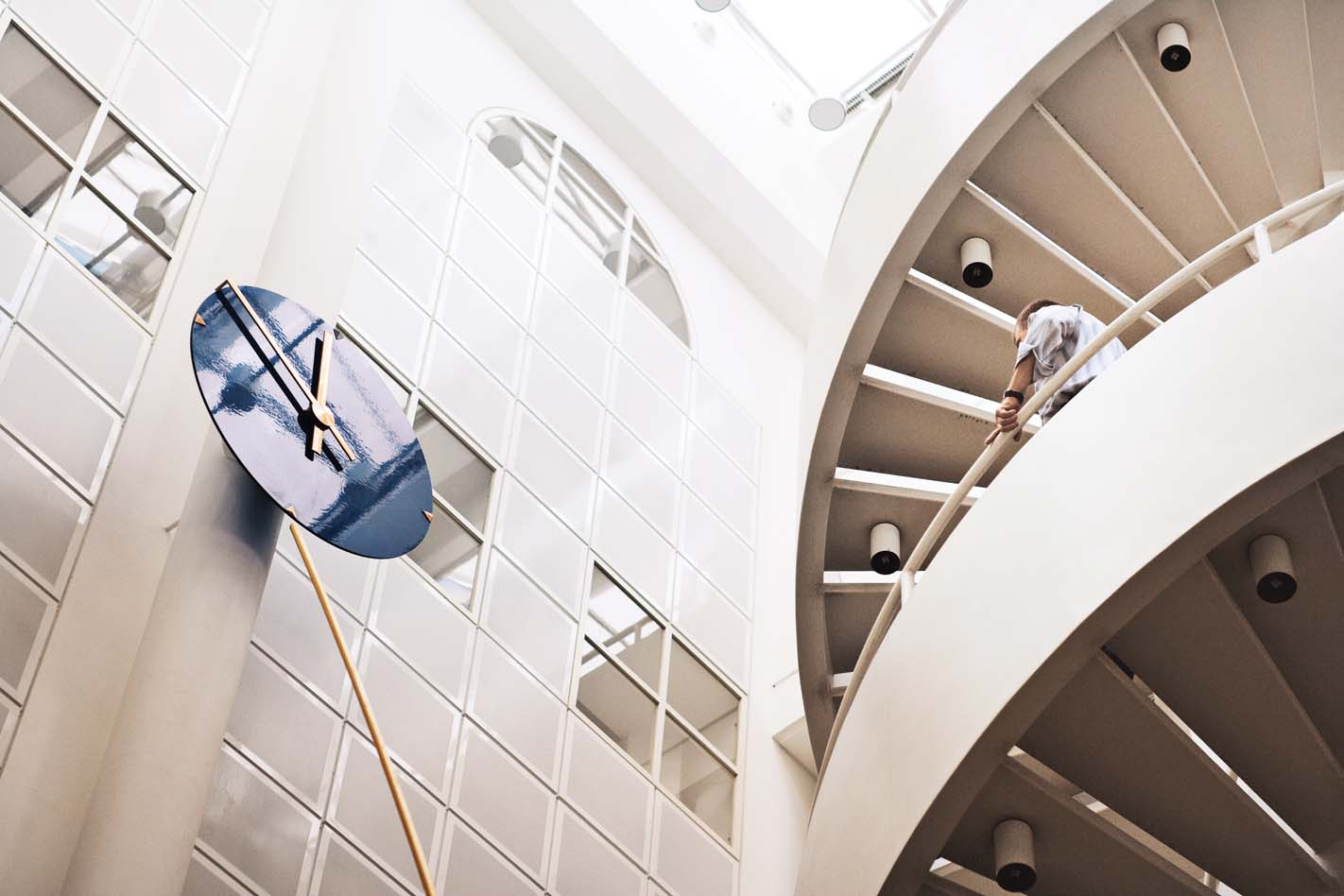US economy stronger than expected
Expectations for the US economy have been nudged up by improvements anticipated in the housing market and easier access to home loans.
The US economy is likely to grow faster than expected. New data from the US bank credit managers have prompted chief analyst at Danske Invest Bo Bejstrup Christensen to revise expectations for the US economy upwards. While he previously expected annual growth of 3%, he now expects more than 3%.
“The latest data suggest that the banks are ready to loosen their purse strings in relation to providing credit for home buyers. And as demand for housing is high, especially among young Americans, our view of the US economy in the future is more optimistic,” explains Bo Bejstrup Christensen.
Easier access to home loans would significantly affect the performance of the US economy. Residential construction normally accounts for slightly more than 5% of the economy but as it is currently at only 3.5%, all other things being equal, an improvement in the market will always have a positive impact on the economy in general. In addition, a strong housing market has a range of other effects on the economy. It will mean higher US consumption driven by more optimism and wealth effects from rising house prices, and as historical data also show, more new jobs will be created when the housing market is strong.
“Our figures show that the new jobs in the US are being created particularly by small and new companies. And these companies typically falter most during a crisis, e.g. because often home equity is used as start-up capital. Now it appears that the housing market will be strengthened, and we therefore expect these type of companies in particular to create more jobs in the future,” says Bo Bejstrup Christensen.
With this in mind specifically, Bo Bejstrup Christensen is also raising his expectations for the number of new jobs in the US economy. Whereas he and his colleagues previously expected 200,000 new jobs a month, in the future he expects an average of at least 225,000 new jobs to be created.
The prospect of strong growth in the US economy is music to equity investors’ ears as typically equities rise in a scenario featuring growth. Bo Bejstrup Christensen also expects a mildly positive equity market for the rest of 2014. He is not heralding an assault on the equity markets, however, as stronger growth also brings increasing interest rates. And increasing interest rates can make investors nervous and deter them from investing in equities.
“The equity market will meander slightly during the remainder of 2014. Stronger growth in the US is generally good for equities, while rising interest rates can trigger caution and make prices fluctuate. However, we are basically optimistic,” says Bo Bejstrup Christensen.
With these growth prospects for the US, Bo Bejstrup Christensen now expects the Fed to raise interest rates as early as in the summer of 2015, whereas previous expectations indicated early 2016.
“Here, we should remember that the Fed only raises interest rates if economic growth is stable and robust, and therefore interest rate increases are positive. If our assessment is correct and the economy grows by more than 3% a year for the next 12 to 18 months, the interest rate increases will arrive earlier than previously anticipated,” says Bo Bejstrup Christensen.







